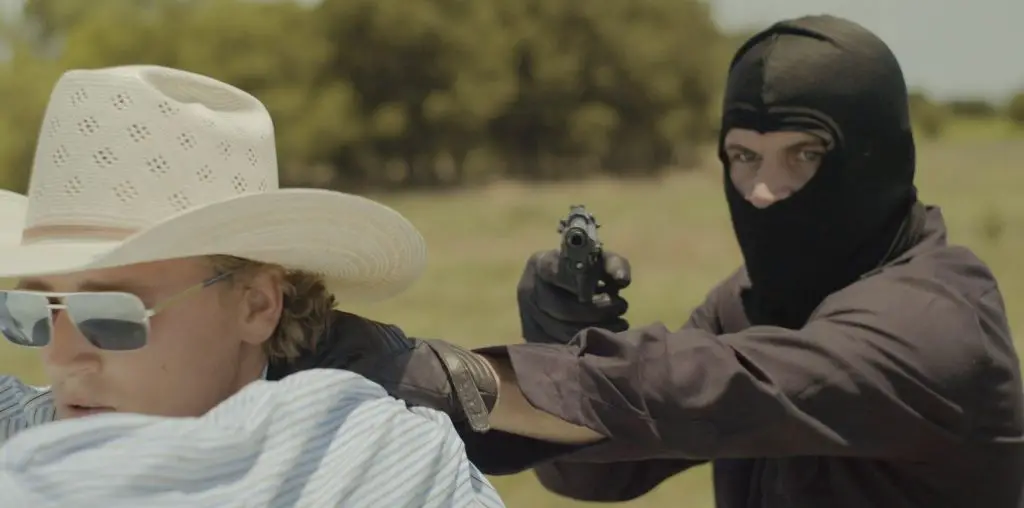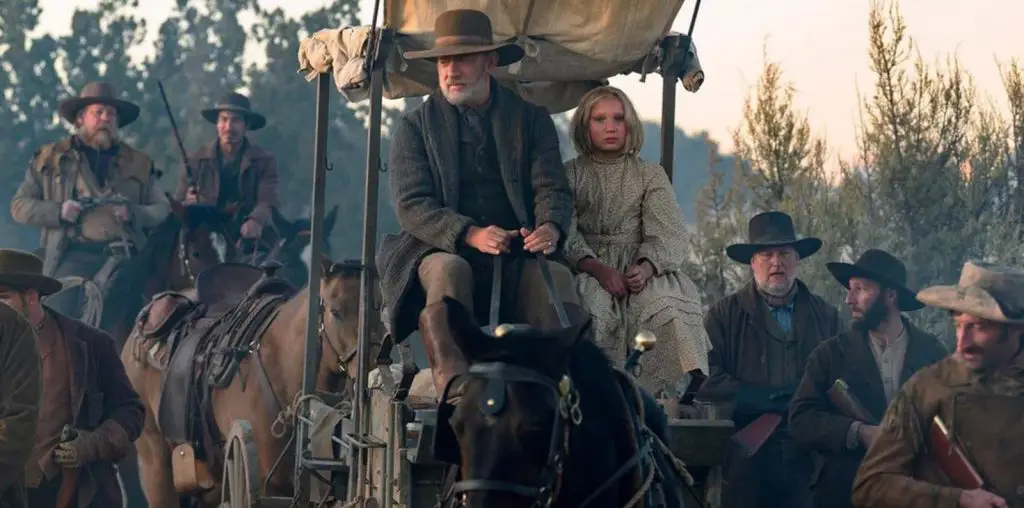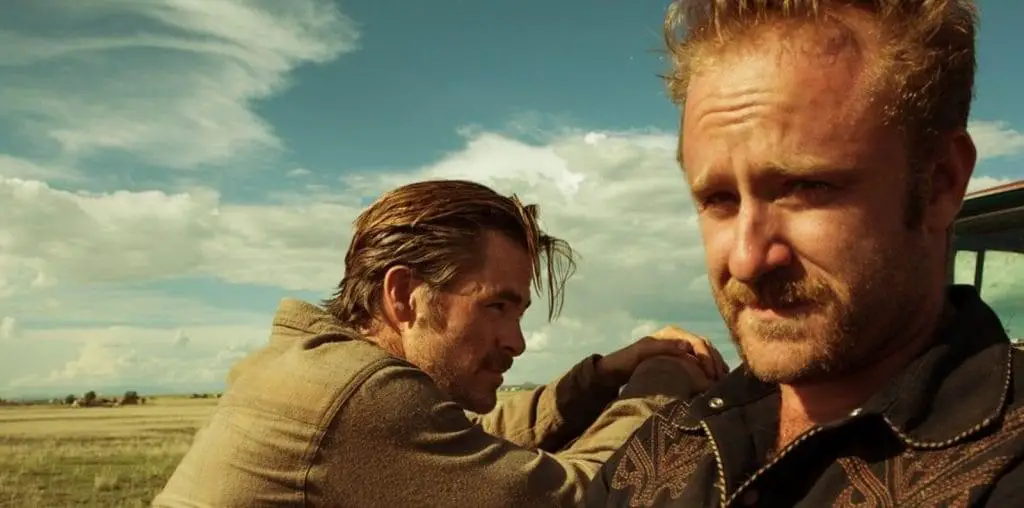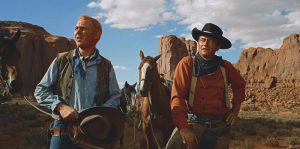
TCM CLASSIC FILM FESTIVAL 2021 REVIEW! The Searchers is a 1956 masterpiece of classic filmmaking about frontier life in the American West. Directed by John Ford, from a screenplay by Frank S. Nugent, based on Alan Le May’s novel, the story is deceptively simple. Ethan Edwards (John Wayne) comes home to his family in Texas after fighting for the Confederacy during the Civil War and then three more years fighting in the Mexican Revolutionary War. He returns to his brother Aaron (Walter Coy), Aaron’s wife Martha (Dorothy Jordan), and their children Ben (Robert Lyden), Lucy (Pippa Scott), and Debbie (Natalie Wood). Martin Pawley (Jeffrey Hunter), Aaron and Martha’s adopted son, is also part of the family, though never fully accepted by Ethan because of his vaguely “half-breed” appearance.
A short time later, neighboring rancher Lars Jorgensen’s (John Qualen) cattle are stolen, and a band of Texas Rangers set out to investigate. Ethan and Martin ride with the group, as does Lucy’s fiancé, Brad Jorgensen (Harry Carey, Jr.). It turns out that the theft was a distraction by a Comanche raiding party to draw the men away from the homestead. By the time they return, the house is burning, and everyone in the family has been murdered, except for Lucy and Debbie, who were abducted.
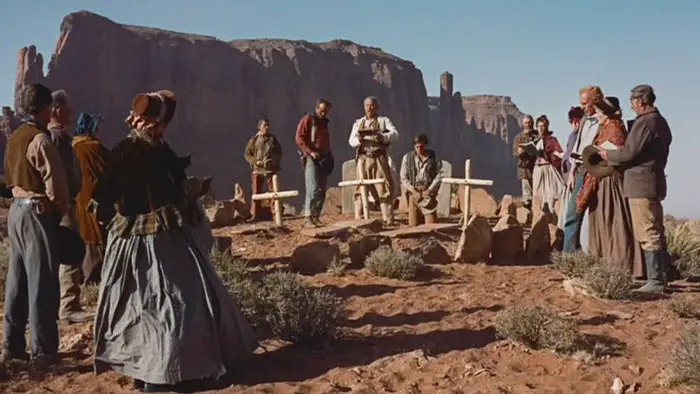
“…everyone in the family has been murdered, except for Lucy and Debbie, who were abducted.”
A funeral is held, but Ethan is enraged and cuts it short to set out immediately to find the girls. At first, the rangers come with him but eventually decide they are too few to take on the Comanche and turn back. Ethan goes on with Martin and Brad. When they discover Lucy has been raped and murdered and her body left in the desert, Jorgensen rides alone into the Comanche camp in a blind fury and is immediately killed. With only Martin Pawley riding along, Ethan begins to track the Comanche, who are led by an accomplished war chief named Scar (Henry Brandon), and the search continues for five years.
More has been written and said about The Searchers over time than can possibly be referenced here. While the film plays as both horribly dated and quaint now, it still says much about the American approach to expansion in the West and is a telling benchmark for how far we’ve come culturally and how far we still have to go. Of course, the cinematography of the wild, brutal landscape around Monument Valley, Arizona, is still as startlingly beautiful now as it was in 1956. Whether you love him or hate him, John Wayne had an undeniable presence on screen that commanded attention in every scene in each film he was in. His gruff manner is perfect for the role of Ethan Edwards.
While Wayne was an unrepentant white supremacist, Ford was somewhat more ambivalent about the message of Manifest Destiny and the unquestioning assumption of the primacy of Northern European White people. He even tried, later in his career, in 1964, to make a film that expressed sympathy and understanding toward Indigenous people. Cheyenne Autumn is about the 1878 exodus of the Cheyenne from a reservation in Oklahoma to their traditional lands. The American Government saw this as a rebellion and sent troops to turn them back. It was Ford’s last film and meant by him as a requiem, and perhaps as an apology of sorts, offered to the people he, himself, had so often portrayed as villainous savages.
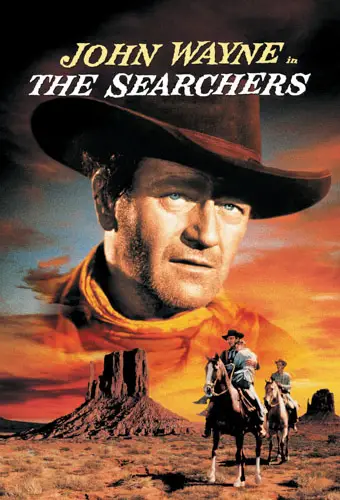
"…still says much about the American approach to expansion in the West..."
